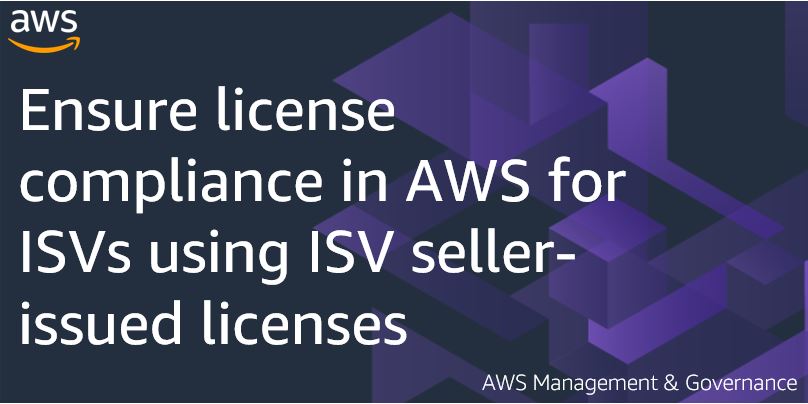AWS Cloud Operations Blog
Category: Compliance
Limit interactive session commands by groups of users using AWS Systems Manager
Customers are looking for a way to limit the types of commands that can be run on their Amazon Elastic Compute Cloud (Amazon EC2) instances when using AWS Systems Manager Session Manager interactive sessions. Allowed commands vary by group, meaning you need to allow different sets of commands based on the group of users. For […]
How to record resource configuration changes periodically with AWS Config
AWS Config is a service that tracks configuration changes of AWS resources in your AWS account or across your AWS Organizations. AWS Config uses the configuration recorder to detect changes of your resources and track them as configuration items (CIs). Given the increasing complexity of cloud infrastructure, the number of resource configuration changes being made […]
Consolidate and query AWS CloudTrail data across accounts and regions using AWS CloudTrail Lake
AWS CloudTrail allows tracking of user and API activities across your AWS infrastructure. AWS CloudTrail best practices recommend AWS customers set up separate trails for different use cases such as operational troubleshooting, auditing, security monitoring, etc. Once the use case is accomplished, customers might permanently delete some of the trails but choose to retain their […]
Codify your best practices using service control policies: Part 2
I introduced the fundamental concepts of service control policies (SCPs) in the previous post. We discussed what SCPs are, why you should create SCPs, the two approaches you can use to implement SCPs, and how to iterate and improve SCPs as your workload and business needs change. In this post, I will discuss how you […]
Codify your best practices using service control policies: Part 1
Each AWS account enables cellular design – it provides a natural isolation of AWS resources, security, partitions access, and establishes billing boundaries. Separation of concern through multi-account setup is a key design principle that customers use to experiment, innovate, and scale quickly on AWS. The basis of a multi-account AWS environment is AWS Organizations, which […]
Centralized software package distribution across multiple regions and accounts in an AWS Organization using AWS Systems Manager Distributor
Security remains a top priority for most organizations, and, in order to stay secure and compliant, they leverage agent-based vulnerability management tools, such as CrowdStrike, TrendMicro, and Tenable. AWS Systems Manager Distributor automates the process of packaging and publishing software to managed Windows and Linux instances across the cloud landscape, as well as to on-premises […]
Maximize cloud investment value through operational excellence using AWS Managed Services
In this blog post, I share my observations as an AMS Solutions Architect on how achieving operational excellence can help organizations realize their cloud business objectives while migrating to AWS. I dive deep into the five design principles that AWS Managed Services (AMS) uses to achieve operational excellence. Amazon is guided by four principles: customer […]
Ensure license compliance in AWS for ISVs using ISV seller-issued licenses
AWS License Manager helps reduce the risk of noncompliance by providing independent software vendors (ISVs) with a centralized AWS account and built-in controls to ensure only approved users and workloads can consume licenses. ISVs can use License Manager to manage and distribute software licenses to end users with and without AWS accounts. As an issuer, […]
Use AWS License Manager API operations to manage your Oracle licenses based on Oracle cloud policy
Learn with Shree on how to use AWS License Manager API operations to manage your Oracle licenses (for databases running on Amazon RDS for Oracle, Amazon EC2 and on-premises servers) based on Oracle cloud policy. Additionally, learn how to use the built-in integration of License Manager API operations with AWS CloudTrail to prepare for vendor audit.
How to optimize AWS CloudTrail costs by using advanced event selectors
AWS CloudTrail can be used for security, monitoring restricted API calls, notification of threshold breaches, operational issues, filtering mechanisms for isolating data, faster root cause identification, and speedy resolution. CloudTrail can also be used for various compliance and governance controls, by helping you achieve compliance by logging API calls and changes to resources. Event selectors […]









